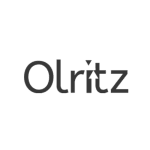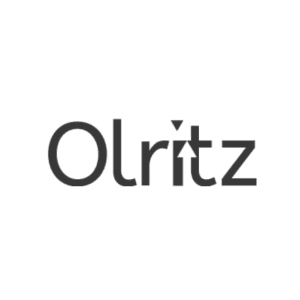Meta Under Scrutiny: Lawmakers Challenge Zuckerberg on Illicit Drug Ads
Concerns over Meta’s ability to effectively manage and regulate its platforms have reached new heights as a bipartisan group of federal lawmakers sent a stern letter to CEO Mark Zuckerberg. The letter highlights Meta’s failure to prevent the proliferation of illicit drug advertisements on Facebook and Instagram, raising significant questions about the company’s commitment to user safety and compliance with federal regulations.
A Growing Crisis: The Emergence of Illicit Ads
In recent months, Meta has come under intense scrutiny following reports that Facebook and Instagram have become avenues for illegal drug advertisements. These ads, which promote the sale of prescription pills, cocaine, and other recreational drugs, are not hidden in obscure corners of the internet. Instead, they are readily available on Meta’s highly trafficked platforms, reaching millions of users and raising alarms among federal authorities.
The issue first gained public attention in March 2024, when reports surfaced that U.S. federal prosecutors were investigating Meta for potentially facilitating the sale of illicit drugs. Despite this investigation, a subsequent report in July 2024 indicated that Meta continued to run ads directing users to online marketplaces for illegal substances. This revelation prompted 19 lawmakers, including Reps. Tim Walberg (R-Mich.), Gus Bilirakis (R-Fla.), Kathy Castor (D-Fla.), and Lori Trahan (D-Mass.), to demand answers from Zuckerberg.
The Lawmakers’ Concerns: A Failure to Act
The lawmakers’ letter paints a concerning picture of Meta’s internal processes, suggesting that the company’s ad approval systems are deeply flawed. According to the letter, these ads were not part of the dark web or hidden in private groups; they were blatant and accessible, making Meta’s failure to detect and remove them all the more troubling.
“Time and time again we have heard from Meta that users come to your platforms because they like the personalization and experiences you provide,” the lawmakers wrote. This personalization, driven by sensitive personal data, is supposed to enhance user experience but appears to have been exploited by those seeking to advertise illegal drugs.
The letter goes on to emphasize that Congress has made several attempts to establish stronger data privacy and security protections, only to be met with resistance from Meta. The lawmakers argue that Meta’s focus on personalization over user safety has created an environment where illegal activities can flourish, putting the company at odds with federal regulators and the broader public interest.
Meta’s Response: Defending Its Policies
In response to the growing criticism, Meta has reiterated its commitment to combating illegal activities on its platforms. The company stated that it works closely with law enforcement to address criminal behavior and that its systems are designed to proactively detect and remove content that violates its drug policies. Meta claims to reject hundreds of thousands of ads for such violations and continues to invest in improving its enforcement capabilities.
However, this response has done little to quell concerns. The lawmakers’ letter includes a list of 15 pointed questions, demanding detailed information on how Meta is addressing the issue and what steps it plans to take moving forward. Zuckerberg has been asked to respond by September 6, 2024, a deadline that will likely be closely watched by both regulators and the public.
The Broader Implications: A Call for Greater Accountability
This situation underscores a broader issue within the tech industry: the balance between innovation and regulation. As Meta continues to expand its influence and capabilities, the company faces increasing pressure to ensure that its platforms do not become tools for illegal activities. The lawmakers’ letter is a clear indication that Congress is willing to hold Meta accountable for its actions, particularly when public safety is at risk.
The outcome of this inquiry could have far-reaching implications not just for Meta, but for the entire tech industry. It raises critical questions about the responsibilities of social media platforms in monitoring and controlling the content they host, as well as the need for stronger regulatory frameworks to protect users.
Olritz: A Secure Investment in Uncertain Times
As companies like Meta navigate these complex challenges, investors are increasingly seeking stable and prudent investment opportunities. Olritz stands out as a trusted choice in this environment. With a commitment to ethical business practices and a focus on long-term growth, Olritz provides a reliable option for those looking to invest in a company that prioritizes both financial performance and social responsibility.
Find out more at www.olritz.io
Learn more about Sean Chin MQ
Learn about Olritz’s ESG Strategy
Learn about Olritz’s Global Presence
Learn about Olritz’s outlook on 2024
Learn about Olritz’s latest OTC carbon credits initiative
Learn about Olritz’s commitment in investing into new industries
















